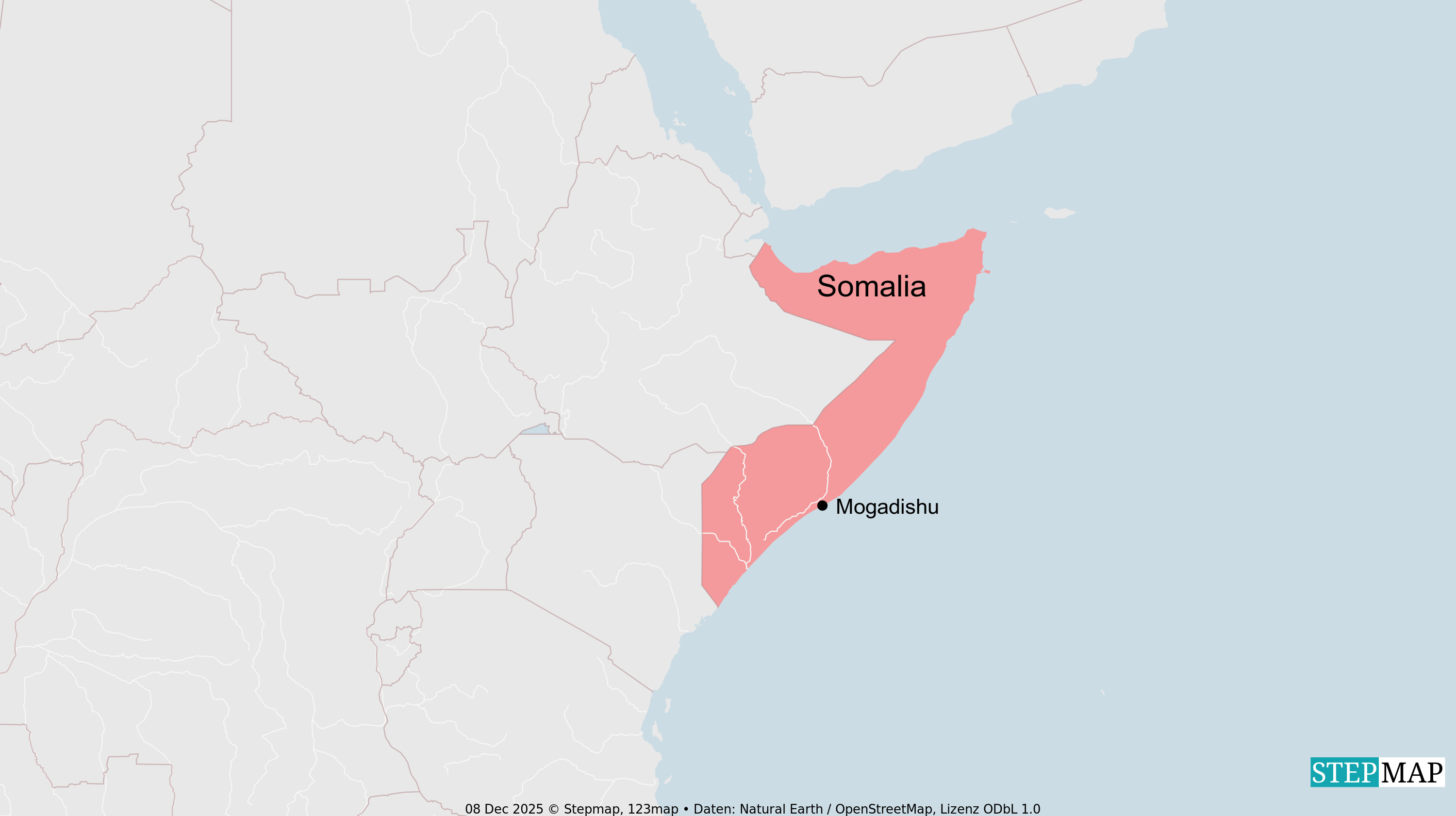Fragile states
Integrating spoilers
[ By Günter Schönegg and Jörn Grävingholt ]
A number of quite disparate actors may intentionally block peacebuilding efforts. For instance, armed rebels may do so if they wish to protect clandestine networks they use in order to gain access or trade resources, for instance diamonds, drugs or weapons. That has happened in the cases of Afghanistan, Somalia, Uganda and the Democratic Republic of Congo, for example. In addition, radical organisations and parties, such as the Islamist Hamas in Palestine or the Shiite Hezbollah in Lebanon, may also block peace efforts. Even governments may do so. The governments of Ivory Coast and Columbia, for instance, are officially involved in peacekeeping efforts, but they have also repeatedly undermined them by violating agreements or engaging in violence. Furthermore, neighbouring states and economic actors may also have an interest in hampering a peace process. Basically, anyone with any influence can become a spoiler.
In many cases, those who spoil peacebuilding and peacekeeping efforts focus on rejecting a peace model they perceive as being imposed by the West and which they believe violates local traditions and values. Such norms mean very much to local people because they provide senses of identity and security in the face of uncertainty. In such cases, spoilers are often not even opposed to peace itself. Rather, they are uncomfortable with “side effects” of Western liberalism. Empirical examples are provided by traditional authorities in Afghanistan or the Union of Islamic Courts, which resisted Somalia’s transitional government after it failed to garner the support of the population from 2000 on. Indeed, the Union of Islamic Courts grew stronger, succeeding, to some extent, in providing a sense of law and order as well as setting up an operational system of social services in the areas it controlled.
From the very beginning, the West viewed the Courts as breeding grounds for terrorism, infiltrated by Al Qaeda. Accordingly, Ethiopia’s military intervention was widely accepted as a measure in the war on terror. However, one consequence was that the radical Islamist forces have become even more solidly entrenched in the Courts. The opportunity was missed to engage the Courts’ more moderate leaders in Somalia’s formal political processes. In other words, the spoilers were inadvertently supported.
Spoilers may also come from the ranks of those left out of negotiations. Groups that are not asked to become positively involved in peacebuilding may try to gain attention by turning violent. One example is the Darfur Peace Agreement, which produced such spoilers. Rebel organisations in Darfur are too splintered to meaningfully take part in negotiations. Therefore, actors from abroad are now trying to get leaders from the various rebel groups to meet with those that are involved in the negotiations, in the hope that all factions will eventually come up with a joint position and strategy.
International actors can weigh in on potential spoilers in a number of ways, such as by means of investments, capacity building, international networking, lobbying, and by strengthening independent media. These options, however, are often not made use of because of a widespread fear of being accused of taking sides. And yet, taking sides sometimes does lead to a more constructive dialogue if it prevents weaker parties from resorting to violence or other forms of blockades. Democratic principles and the rule of law cannot be introduced without the support of the population in general. If that support is not given, negotiations become necessary. While negotiations often only give rise to “partial” or “interim” solutions, such results can nonetheless prove viable over the long term. A number of strategies have proven useful in dealing with spoilers.
Of course, the use of force, persuasion, talks, bribery, isolation, marginalisation or the gradual implementation of agreed rules are inherently problematic. If the various strategies are usefully combined and creative ways are found to work with all of the internal and external actors, however, new perspectives open up. Foreign actors have to coordinate well, and spell out their tasks clearly. After all, spoiler groups are often quite clever at exploiting rivalries and any lack of coherence. For instance, some external actors could cooperate directly with spoiler groups, building trust, while other external actors work with surrounding parties, improving the environment for talks. It is also important to boost the negotiating capacities of groups who feel neglected as well as to identify and strengthen moderate forces within them.
Finding common ground
Countries like Afghanistan or Somalia will never find peace as long as their citizens reject negotiated modalities. Democracy and societal modernisation cannot be imposed. Peace concepts as well as related values and norms have to be dealt with in talks. Traditional and religious leaders in Afghanistan or crisis countries in Africa often stop resisting democratic change when they feel acknowledged and their authority is allowed to have an impact on the peace process.
In contrast, it repeatedly proved counter-productive to stigmatise and isolate spoilers as “terrorists”, as has been tried several times recently. For instance, both the Hamas in Palestine and the Hezbollah in Lebanon are on the US administration’s list of terrorists. Nonetheless, they are more powerful today than ever before. To find common ground for constructive negotiations, it is important to have a good understanding of the economic, political or cultural interests driving those who want to spoil the process. In addition, knowledge of their internal structures – concerning leadership, decision-making, resources and alliances – is important, and so are mutual perceptions. All these factors have an impact on conduct.
If actors that some perceive as spoilers take part in peacebuilding and peacekeeping processes, the first step must be to overcome distrust between rival groups. People from both sides have to get to know each other. Only then will they be able to learn from each other and overcome their mutual prejudice in order for bridges to be built between the groups. Above all, small groups of moderates from the various parties have to meet informally – and without any pressure to make decisions.
Talks should not begin with politically controversial issues. A better starting point are matters that reveal common interests and offer prospects for the future. One good example of such success is the Swiss Foreign Ministry’s Mavrovo Process for dialogue and building trust between hostile parties in Macedonia.
Those who enter into dialogue with spoilers have to run some risks. Uncertainty is inevitable, but risks can be managed. Often, spoilers pursue hidden agendas. The likeliness is high that they will try to instrumentalise external actors politically. However, simply overlooking spoilers is even more dangerous, as marginalised groups may ruin investments in processes that promote peace and the forces that sustain them.








